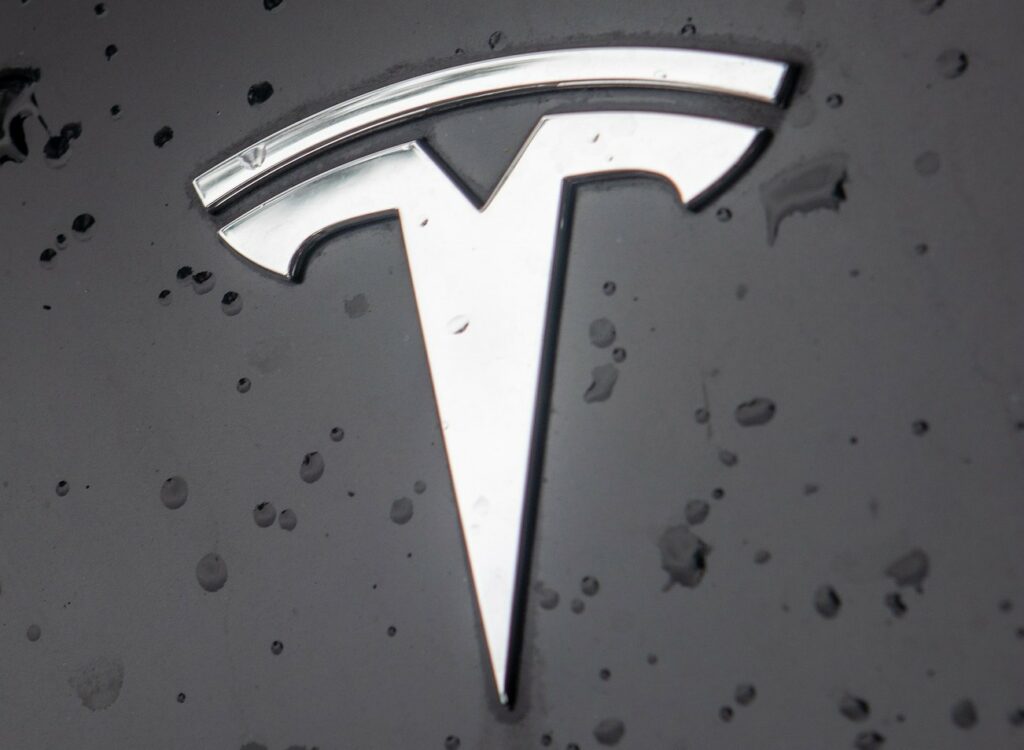Tesla has issued a recall for 12,963 vehicles in the United States after identifying a potential battery connection defect that could cause sudden power loss while driving, according to the National Highway Traffic Safety Administration (NHTSA).
The safety agency confirmed that the defect may interrupt the electrical connection between the vehicle’s battery and powertrain, increasing the risk of loss of propulsion during operation.
The recall applies to select Tesla models manufactured within a specific production window, though the company has not publicly disclosed the exact models or build dates affected. Tesla said no accidents or injuries have been reported in relation to the defect, but advised owners to monitor official communications for inspection and repair guidance.
Tesla plans to notify owners directly and conduct inspections through its service network. Vehicles found with defective components will receive repairs or replacements free of charge. The company has also filed the mandatory defect report with NHTSA, outlining its corrective strategy and the timeline for owner notifications.
The recall comes amid heightened regulatory scrutiny of Tesla’s quality control and manufacturing consistency. Over the past year, the automaker has conducted multiple recalls tied to software and hardware issues, including seatbelt warning malfunctions, steering failures, and camera system defects. While most have been resolved through over-the-air software updates, hardware-related issues—like the current battery connection fault—require physical intervention, extending repair timelines and potential costs.
Stay updated on the latest in energy! Follow us on LinkedIn, Facebook, and X for real-time news and insights. Don’t miss out on exclusive interviews and webinars—subscribe to our YouTube channel today! Join our community and be part of the conversation shaping the future of energy.
